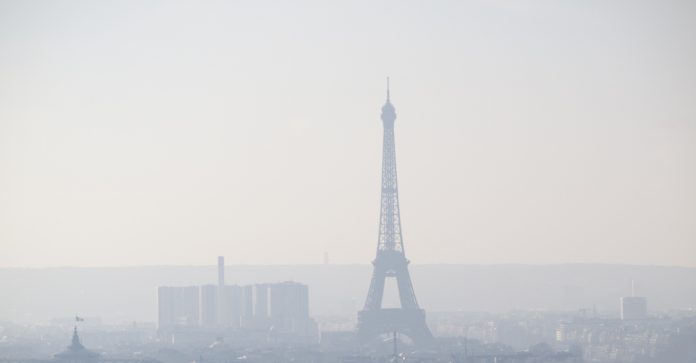France is set to ban all petrol and diesel vehicles by 2040, in a initiative announced by new environment minister Nicolas Hulot.
The move is part of the Macron government’s aim for France to become carbon neutral by 2050, and was announced today at a press conference.
This follows an announcement by Volvo (OTCMKTS:VOLVY) on Wednesday that it intends to stop producing traditional engines by 2019, instead looking towards developing hybrid and electric vehicles.
This was a move commended by Mr Hulot, who during the press conference made reference to a “European car-maker” which had made the decision to pioneer greener automobiles.
According to the plans, France will offer financial incentives to its citizens to encourage the switch to less pollutive engines.
Germany has also reiterated plans to develop fully combustion-powered vehicles by 2030, with The Netherlands and Norway looking to follow suit by 2025.
In the French capital of Paris, pollution is increasingly becoming a health hazard with multiple travel restrictions on cars when pollution has reached toxic levels.
In a bid to control the number of cars on the streets, consecutive bans were ordered against cars with odd number plates followed by even plates. Moreover, during days of extreme pollution, public transportation was also made free.
Such high levels of harmful pollutants can aggravate conditions such as asthma, allergies or breathing problems. According to figures, approximately 5.5 million people die globally from exposure to harmful emissions.
The move follows similar pledges made by the Mayor of London Sadiq Khan to combat pollution in the capital.
Conversely, environmentalists have been particularly alarmed by U.S President Donald Trump’s attitude towards combatting pollution and climate change, having rescinding the U.S co-operation from the landmark Paris Climate Change Agreement back in June.
The Agreement had only come into enforcement late last in November 2016, after receiving the required ratification from 62 signatories.

